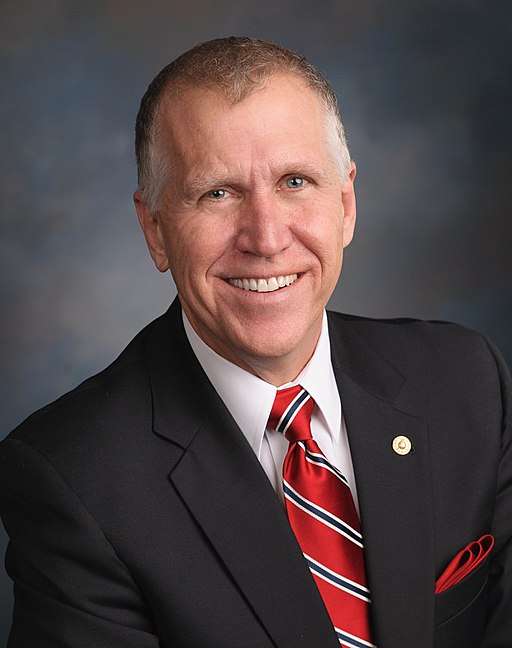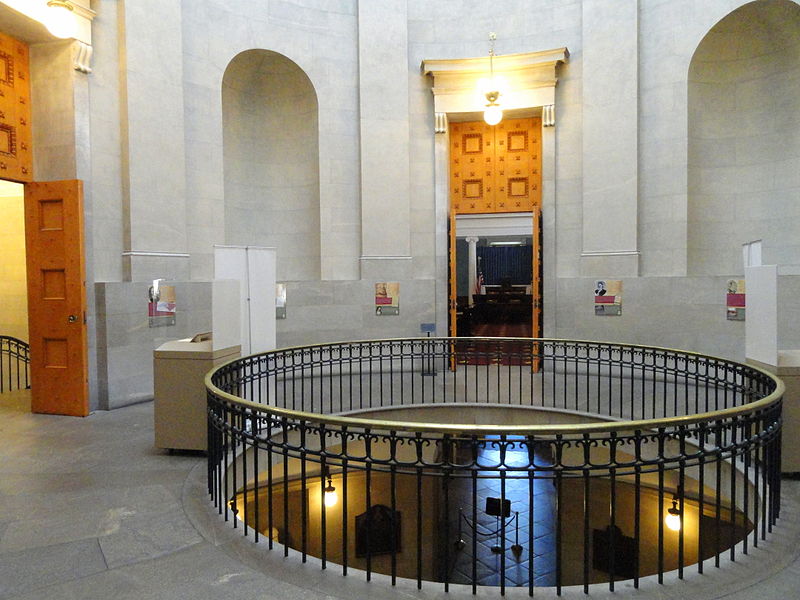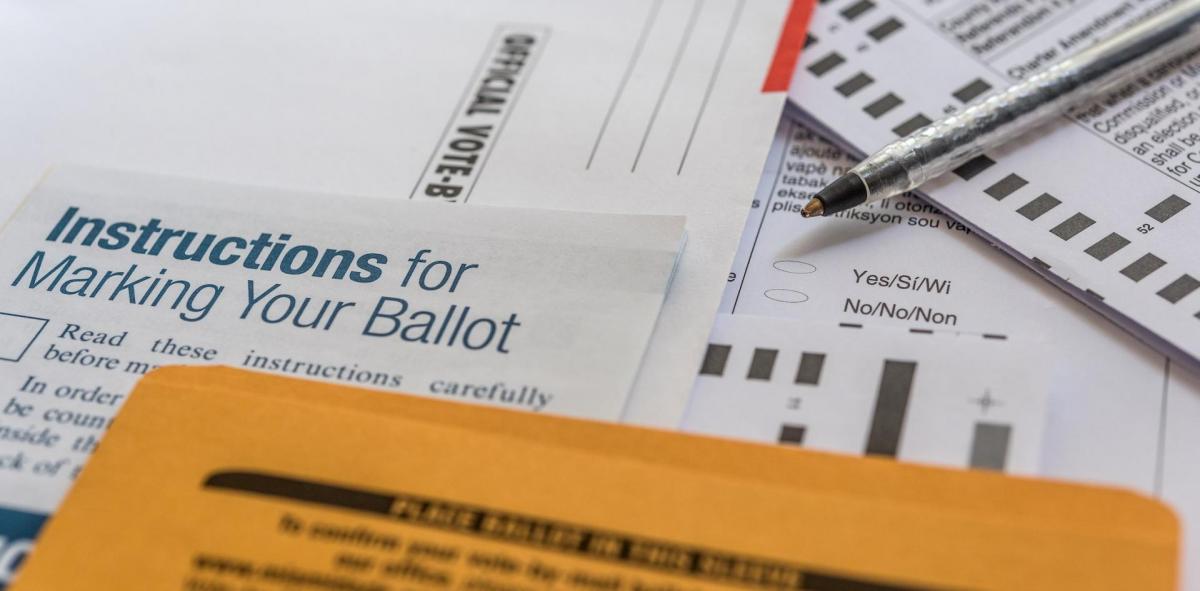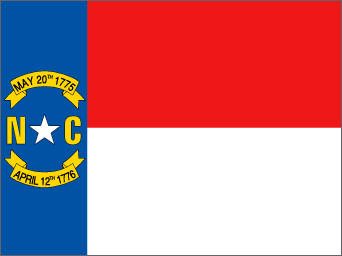Tag: north carolina
-
Sen. Thom Tillis announces he will not seek re-election to the U.S. Senate in 2026

Sen. Thom Tillis (R-N.C.) announced on June 29, 2025, that he will not seek re-election to the U.S. Senate in 2026. On his retirement, Tillis said in a statement, “In Washington over the last few years, it’s become increasingly evident that leaders who are willing to embrace bipartisanship, compromise, and demonstrate independent thinking are becoming…
-
NC Gov. Stein vetoes REINS-style bill increasing legislative oversight of agency regulations

What’s the story? North Carolina Gov. Josh Stein (D) vetoed House Bill 402, titled Limit Rules With Substantial Financial Costs, on June 27. HB 402 was designed to create legislative approval and agency board supermajority vote requirements for new agency rules with costs above stated thresholds. HB 402 now returns to the legislature, where both…
-
The last election of the 2024 cycle has ended

On May 7, Jefferson Griffin (R) conceded defeat to incumbent justice Allison Riggs (D) in North Carolina’s 2024 state supreme court election. This was the last 2024 election without an official winner. Various legal actions were taken between the election and Griffin’s concession. On Nov. 6, Griffin held a lead of just under 10,000 ballots…
-
North Carolina voters have decided on 202 ballot measures since statehood

North Carolina’s first statewide ballot measure appeared in 1835. Since then, North Carolina voters have decided on 202 ballot measures placed on the ballot by the North Carolina State Legislature and constitutional conventions. A total of 147 measures were approved (72.8%) and 55 measures were defeated (27.2%). Constitutional amendments referred to the ballot by the…
-
North Carolina legislature sends constitutional amendment to 2026 ballot requiring photo ID to vote, including by mail

The North Carolina State Legislature approved a constitutional amendment to require photo identification to vote by mail or by other means, rather than only for voters voting in person. The amendment will appear on the Nov. 2026 ballot. In North Carolina, voter ID is currently required for those voting in person but is not required…
-
North Carolina Senate Republicans pass two constitutional amendments related to income taxes and voter ID

The North Carolina State Senate passed two constitutional amendments on Dec. 2, 2024, which voters would decide in Nov. 2026. One amendment, SB 920, would reduce the maximum income tax rate from 7% to 5%. The other, SB 921, would require all voters to provide photo identification to vote. In North Carolina, voter ID is…
-
55% of elections in North Carolina are uncontested

Of 1,117 regular elections in North Carolina—619 (55%) are uncontested. An uncontested election is one where the number of candidates on the ballot is less than or equal to the number of seats up for election. Of the 26 states where Ballotpedia is covering every election on Nov. 5, North Carolina has the 17th highest…
-
ESG policy debated in state treasurer races
Voters in 10 states will vote on their treasurer next week. Voters in 8 states will vote on their auditor. State treasurers oversee state investments, such as public pension funds, making them responsible for deciding if their respective states will incorporate ESG strategies into their portfolios. Additionally, both treasurers and auditors commonly have roles implementing…
-
Both candidates for North Carolina Secretary of State complete Ballotpedia’s Candidate Connection survey

Both candidates running in the Nov. 5, general election for North Carolina Secretary of State — incumbent Elaine Marshall (D) and Chad Brown (R) — completed Ballotpedia’s Candidate Connection survey. These survey responses allow voters to hear directly from candidates about what motivates them to run for office and how they intend to govern. North…
-
Supermajority and trifecta status at stake in North Carolina Senate elections

All 50 seats in the North Carolina Senate are up for election on November 5, 2024. Heading into the elections, there are 30 Republicans and 20 Democrats in the Senate. One incumbent lost in the primaries. Click here to learn more. Republicans won a veto-proof majority in the state Senate after the 2022 elections. North…

